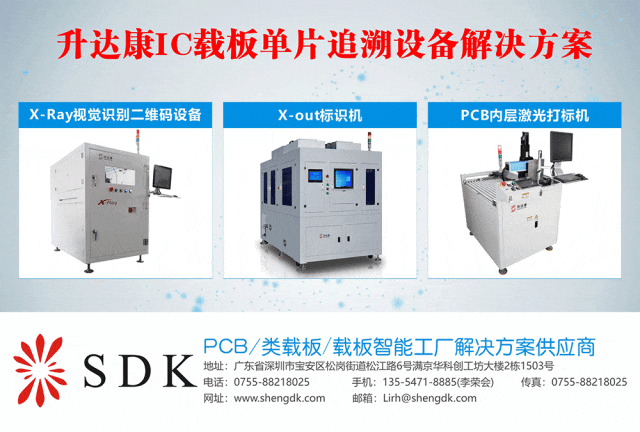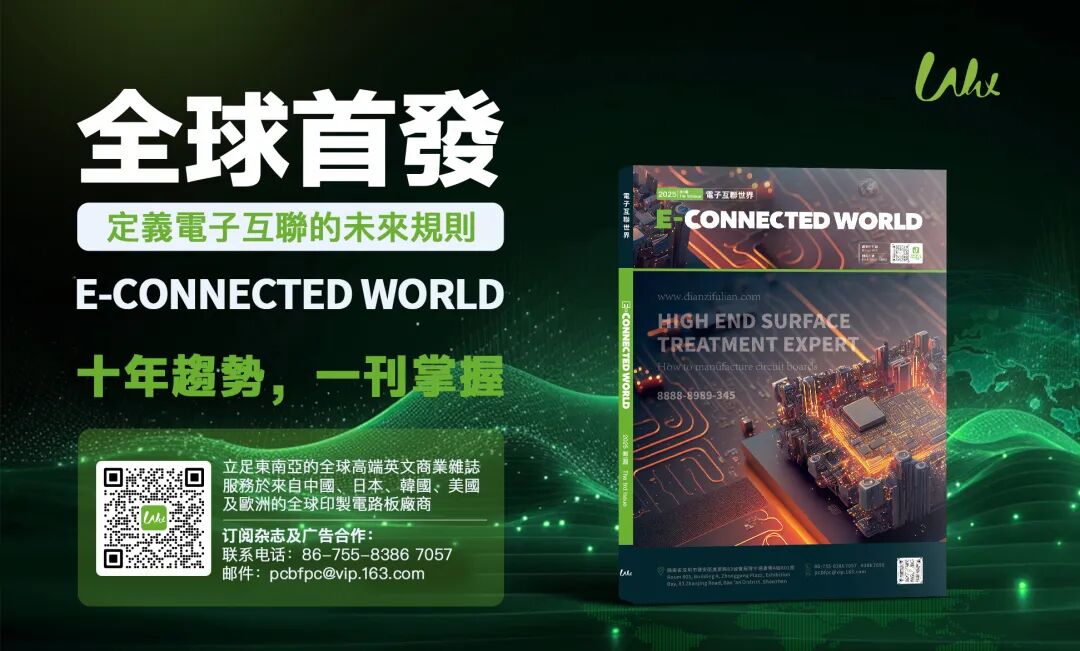

△Advertisement Not related to the main text
The decoupling of technology between the US and China has intensified, and Thailand has rapidly emerged as a global PCB (Printed Circuit Board) and CCL (Copper Clad Laminate) industry “Out of China” second base. Despite the high level of investment enthusiasm, industry observers point out that Thailand’s current development is still in a critical situation of “two goods and three bads,” with mixed results.
Industry analysis indicates that the “two goods” include: the first good is the improvement of supply chain integrity. Thailand has established a manufacturing chain from upstream CCL, midstream PCB, to downstream module factories, which helps in rapid mass production and delivery of products.
The second good is the close cooperation between Taiwan and Thailand, with low language and cultural communication barriers. Taiwanese businesses have been deeply involved in the Southeast Asian market for many years, and Thailand has a good industrial foundation and policy incentives, making it a natural choice for Taiwanese PCB manufacturers to relocate.
However, the “three bads” cannot be ignored: the first bad is that most factories in Thailand mainly engage in mature processes, making it difficult to undertake high-end servers and AI applications that require extremely high precision in the short term.
The second bad is that it is still constrained by the uncertainty of US tariff policies, especially the potential risk of a 36% high tariff, which has made some US orders more conservative, pending further clarification of the US-Thailand bilateral trade agreement.
The third bad is that capacity expansion is outpacing market demand, and some manufacturers are beginning to face order pressure. The industry is concerned that if end applications do not simultaneously “go overseas,” it may lead to intensified competition.
Statistics show that major Taiwanese and Chinese PCB/CCL manufacturers, including Unimicron, Nan Ya PCB, Zhen Ding Technology, Kingboard, and others, have gradually set up factories in Thailand’s Ayutthaya, Prachin Buri, Chachoengsao, and Chon Buri, forming a preliminary cluster of materials and processes.
In addition to Thailand, countries like Vietnam and Malaysia are also attracting Taiwanese PCB/CCL manufacturers to disperse their layouts, such as Kinpo Electronics and Taiflex Scientific. The ASEAN region is gradually replacing mainland China as a backup base for high-end manufacturing. Among them, Malaysia, with its comprehensive tax agreements and free trade environment, is seen as a favorable point for exports to the US.
The Thailand Board of Investment has pointed out that the amount of foreign investment applications in 2024 has reached a new high in ten years. However, the high tariff policy proposed by former US President Trump has triggered a wait-and-see sentiment among export-oriented enterprises.
In response, the Thai government is actively negotiating with the US to reduce the risks of export tariffs. At the same time, it has promised to adjust the bilateral trade deficit structure, such as increasing imports of US natural gas and agricultural products, and encouraging Thai companies to invest in the US, to strengthen negotiation leverage and bilateral economic and trade relations.
Source: Industrial Times
Disclaimer: Some of the graphic and textual materials on this platform are sourced from the internet or provided by enterprises. If there is any infringement, please notify us, and we will delete it immediately after verification.
Advertisement
Not related to the main text


